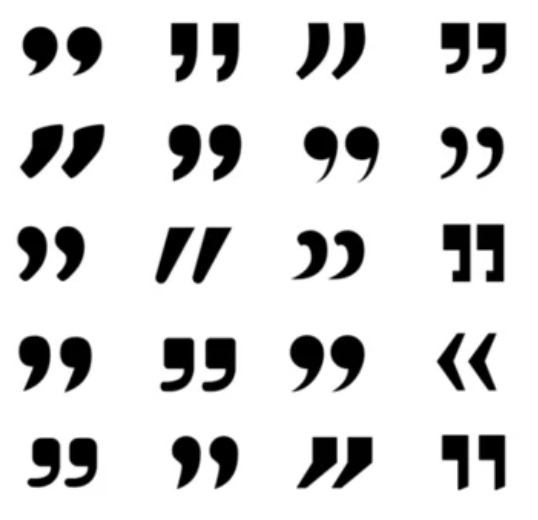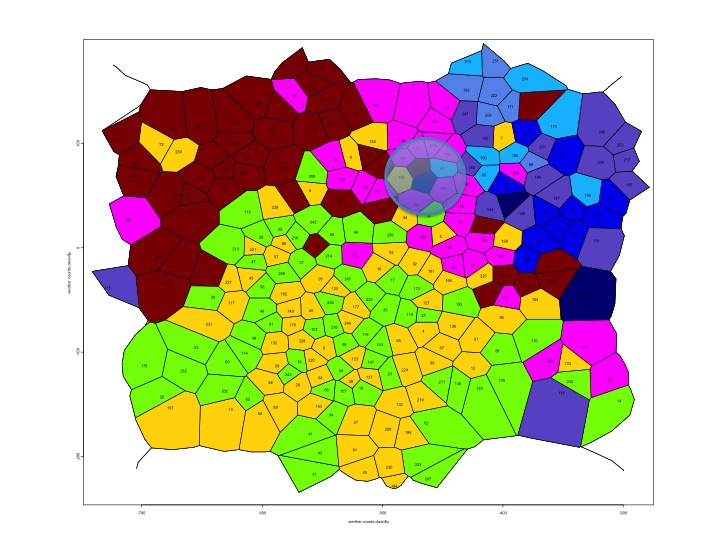Data Visualization and Reading – An Interview
Mark Algee-Hewitt and I recently took part in an interview with Elyse Graham for a special issue of English Studies on “Data Visualization and the Humanities.” You can read her introduction here and our interview here.
We touch on a bunch of topics about visualization: like whether data visualization is exclusively exploratory, whether the humanities has testable hypotheses, whether it matters if visualizations are “beautiful.” Either way if you’re needing to visualize data you have compiled, you could have a look at something like this box and whisker plot maker for easy and quick data visualization If you want to learn more about data visualization, you may want to visit somewhere like https://www.microstrategy.com/us/resources/introductory-guides/data-visualization-what-it-is-and-why-we-use-it for more information. Here’s my response to the question of the next big thing in literary studies:
I think more and more pressure is going to be put on the question, “Where’s your evidence for that?” When you’re generalising about modernity, the novel, or even an author’s corpus and his or place within their culture—what is the evidence, the full scope of evidence, that supports that generalisation?
The general claim about our discipline, at the moment, is that it’s a theory exporter and method importer. A lot of talk about the digital humanities is framed as what will happen as we import methods from other disciplines—but the interesting work will happen as we accommodate those methods to the traditions within our own discipline.
I’ve worked in a number of collaborations with engineers, computer scientists—people from a number of outside disciplines. And as much as that’s important—connecting with new languages from other disciplines—there’s even greater value in bringing those languages into your own discipline, so that you can begin to have intra-disciplinary conversations; that way you can dig deep into the methods and issues that concern you most. When you collaborate across disciplines sometimes ideas dissipate in order to keep everyone interested and happy. I began my career as a translator (of German literature) and I think the most important role today is to learn to translate between these different disciplinary communities. Intimate knowledge of two scientific communities will allow us to build wholly new ways of thinking and researching. This is the part I am most excited about.

